Part 1 of 2 articles
PHOENIX-Cysts on vocal folds can be tricky lesions to tackle-more challenging than many otolargyngologists might think, a panel of experts said here.
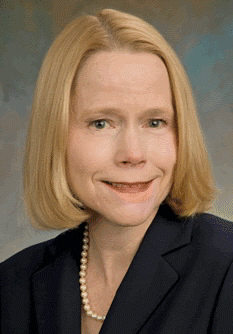
Part 1 of 2 articles
PHOENIX-Cysts on vocal folds can be tricky lesions to tackle-more challenging than many otolargyngologists might think, a panel of experts said here.
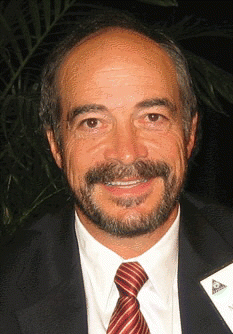
Part 2 of 2 articles
PHILADELPHIA-Surgeons are faced with many options for approaching diseases of the sinus; the right approach is not always clear-cut. Five experts reviewed several approaches at Rhinology World held here recently, with some favoring a more aggressive approach, some preferring to be less aggressive, and others highlighting new technology.
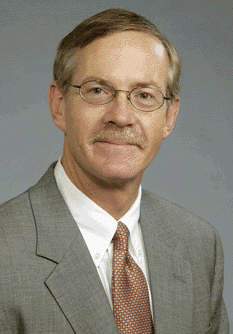
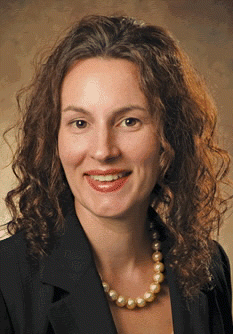
PHOENIX-The right recurrent laryngeal nerve showed greater stimulation than the left during anterior cervical spine surgery on 40 patients, researchers have shown in a study intended to promote greater understanding and prevention of damage to the recurrent nerve during the procedure.
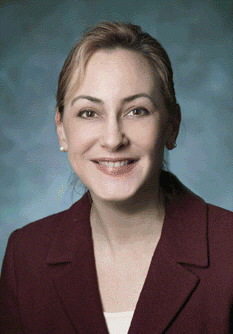
PHOENIX-Just how useful are PET or PET-CT in identifying residual occult nodal disease in patients with head and neck cancer? Two presentations at the 2009 Combined Otolaryngology Spring Meeting addressed this topic.
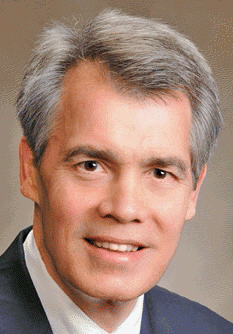
President Obama has made an astonishing discovery: We’re not producing enough primary care doctors, he recently told Congress. Although this may be news to the president’s minions, physician groups, legislators, insurers, and patients are all well aware of the dearth of generalists.
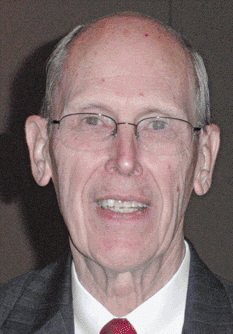
PHOENIX-As James D. Smith, MD, took his place behind the lectern to prepare to speak about what America’s role should be in the instruction of physicians in underprivileged and disease-stricken countries, a question was posed on the screen next to him: Do we have a responsibility to help?
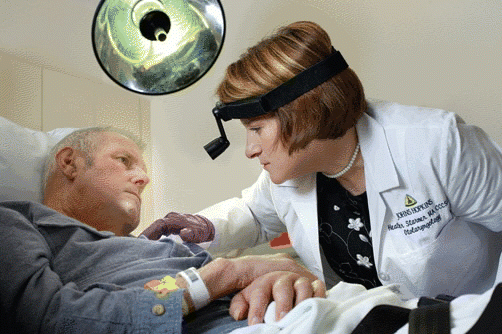
PHOENIX-Performing salvage surgery after chemoradiation or radiation treatment for laryngeal cancer patients, rather than just performing primary surgery right away, appears to lead to more complications with patients’ tracheoesophageal voice prostheses, according to a retrospective study reported by researchers here.
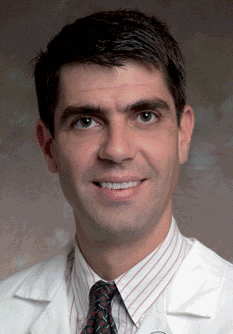
Laryngeal biopsies are being performed more commonly as in-office procedure. ENT Today asked two otolaryngologists about the ins and outs of performing the procedure in-office.
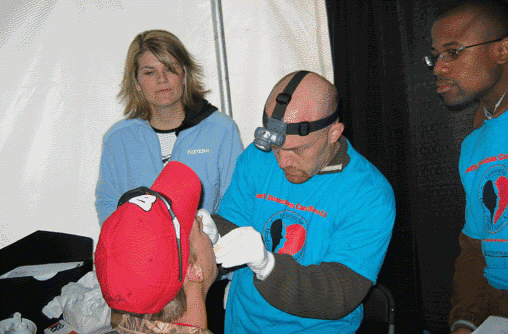
Oral, head and neck cancer screening is critical to early detection-but otolaryngologists often find that they aren’t reaching the populations at highest risk for the disease. Consequently, many physicians are taking the initiative to develop novel and creative outreach programs to target people who are likely to regularly use tobacco and alcohol, as well as individuals who do not have ready access to health care.